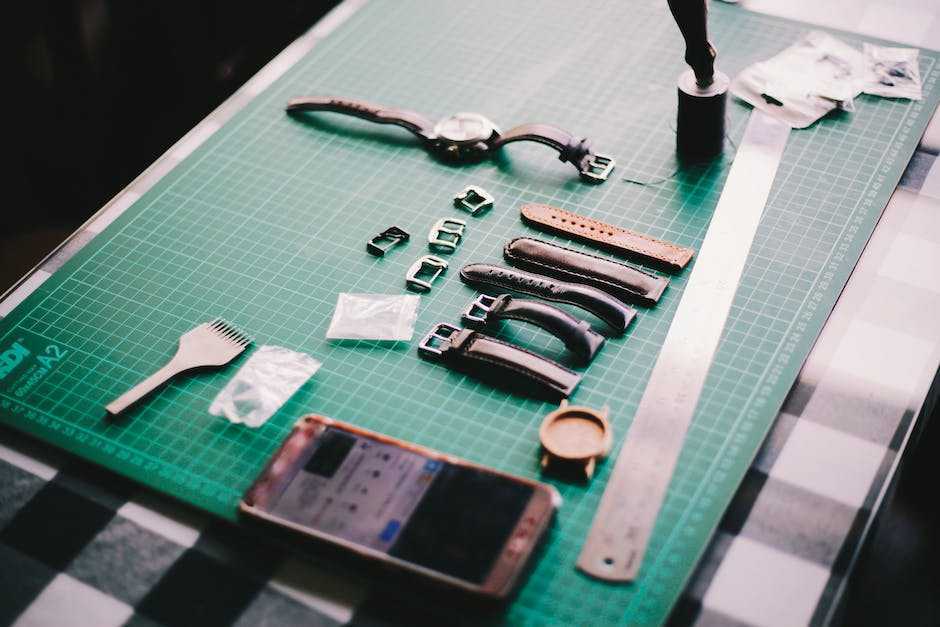
Contents
What Causes Skin Aging?
Wrinkles, age spots, and other signs of skin aging are caused by a combination of factors. Numerous environmental factors like sun exposure, air pollution, and smoking impact your skin’s health, leading to premature aging. Internal factors, like collagen depletion and poor skin hydration, also play an active role in causing skin aging.
Environmental Causes of Aging Skin
The sun is the most significant environmental factor affecting skin aging, as ultraviolet (UV) radiation from the sun can damage your skin faster than any other external factor. Sun exposure is one of the primary causes of wrinkles and age spots, as UV radiation breaks down collagen and elastin.
Air pollution and cigarette smoking can also influence skin aging, accelerating wrinkle formation and discoloration.
Internal Causes of Aging Skin
The natural production of collagen and elastin, two essential proteins that keep your skin looking firm and supple, also slows with age. This natural depletion leads to wrinkles and fine lines.
By the time you reach your twenties, your skin’s natural functions, such as protecting against environmental damage, producing moisture, and maintaining hydration, begin to weaken. This can contribute to sagging and wrinkles in later life.
Understanding Skin Aging: Solutions and Health
Fortunately, you don’t just have to accept changes in your skin as you age. By understanding the scientific basis of skin aging, you can use targeted skin care products to help delay the visible impacts of aging.
Solutions for Aging Skin
When it comes to protecting your skin from premature aging, the best solution is to stop further damage from occurring. Avoid exposing your skin to sunlight, and if that’s not possible, wear a broad-spectrum sunscreen of SPF 30 or higher every day to reduce the risk of UV damage. Additionally, decrease your exposure to air pollution and quit smoking, as these activities contribute to poor skin health.
Retinoids and Hyaluronic Acid
Other solutions include topical anti-aging products that promote skin regeneration and smooth the appearance of fine lines and wrinkles. Retinoids and Hyaluronic acid help to boost the production of collagen and hydrate your skin. Highly concentrated cosmeceutical products with active ingredients can improve communication between the skin cells, resulting in a more even complexion.
Healthy Diet and Exercise
Your skin isn’t the only thing that needs attention. To keep skin looking healthy and youthful, eating a balanced diet, full of fruit and vegetables, as well as healthy proteins, is essential for nourishing your skin internally. Additionally, regular exercise helps to improve circulation, which in turn stimulates collagen production, meaning healthier, younger-looking skin!
